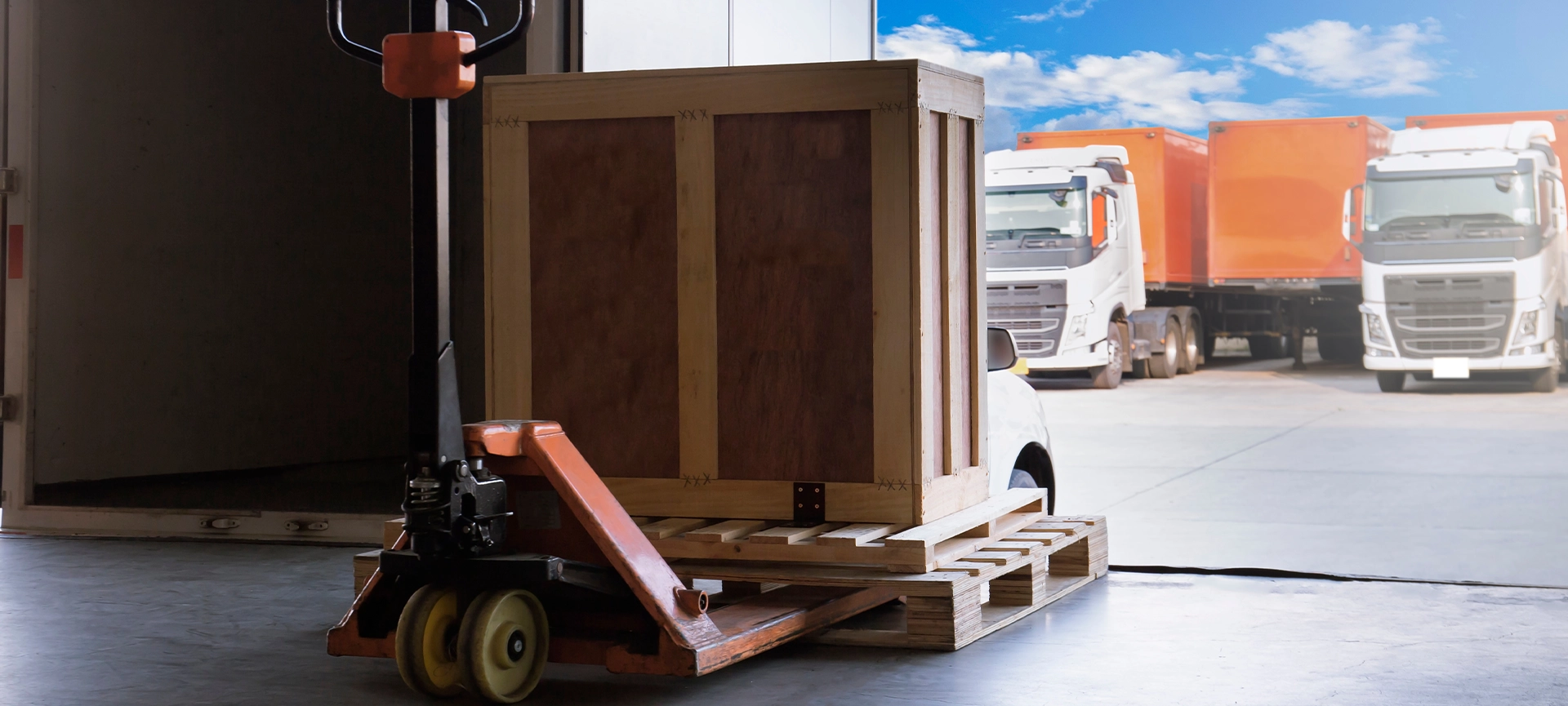Warehousing solutions play a vital role in your business’ supply chains and directly affect everything from managing inventory to delivering orders to your end clients. However, selecting a warehouse management system can be a challenge, so you have to know and set warehousing criteria to make it successful and effective.
Besides, every company mostly has particular warehousing needs, making it more challenging since you have to sort, weigh and assess different factors to find the best solution for your business.
For today’s article, we will discuss some basic criteria that may help you choose the right warehouse solutions and management for your business.
Essential Criteria to Consider When Choosing a Warehouse Solution For Your Business
There are several criteria that you should follow to get the warehousing solutions that best fit your business requirements. Below are some of the requirements:
Number of SKUs
The first thing you need to consider in warehousing criteria is the following to identify your business’ specific needs and requirements:
- Type of storage you need, (e.g. bulk or in racks)
- The storage space you need.
- The compatibility of your products to be stored in the warehouse.
Generally, warehouses use SKUs to track business inventory items, calculate storage charges, and estimate the space needed to store your items. When it comes to rates, the cost depends on whether it is per-SKU or per-foot storage for each bin, shelf, or pallet you utilize to store goods and items.
For example, if you sell cereal, you are most likely need a separate storage unit for each box size (small, medium, large), and another for expiration dates (6-months, 1-year, 2-years), packaging, and even flavours. The more product variations you have, the more you’ll be needing specific storage and the higher the fees you will need to pay for storage.
However, for large companies with hundreds or thousands of SKUs, warehouses provide minimum monthly order limits to avoid storage problems. It is an ideal solution for companies that can quickly turn over their inventory since they can avoid paying higher storage fees.
So, if you sell items or goods with slow turnover rates and large SKUs, going for a standalone warehousing solution is the most cost-effective option.
Types of Products
 Note that not all warehouses provide special facilities (such as cold or hot storage), and some don’t permit businesses to store specific products such as alcohol, poisonous or flammable goods. For this reason, considering the types of products, you sell also play an integral part in determining the right warehousing operation for your business.
Note that not all warehouses provide special facilities (such as cold or hot storage), and some don’t permit businesses to store specific products such as alcohol, poisonous or flammable goods. For this reason, considering the types of products, you sell also play an integral part in determining the right warehousing operation for your business.
On the other hand, some third-party fulfillment services offer workplaces where value-added services are provided, including:
- Processing, modification and assembly of items.
- Product packaging and labelling.
- Inventory tracking, reporting, and order fulfillment.
- Handling the safety and security of items received and sent out of the warehousing facility.
You may also consider looking for warehouses that specialize in storing certain product types. Some warehouse facilities offer temperature-controlled storage spaces that are ideal for businesses that sell food items like dairy products or frozen goods.
Moreover, if the products you sell need to follow strict safety requirements for storing and handling, it would be better to choose a warehousing solution with well-trained staff and take adequate risk-reduction measures, such as setting fire alarms or water sprinklers.
Related article: Warehouse Solutions: How to Maximize Your Space Utilization
Season
Another warehouse selection criteria to consider is the timeframe or season, as it also affects the cost. If you sell seasonal goods such as jackets or summer outfits, you might consider selecting public warehouses. Typically, public warehouses are designed to provide short-term storage services. You may expect to pay only a monthly fee along with transaction charges.
Seasonality also creates some warehousing challenges and conflicts for every business in Canada. Seldom fluctuation in order volume impacts companies that provide products to other companies and individual customers.
During this season, storage spaces at warehouses may become too expensive, especially when your sales are low or there is no enough space for the inventory when your sales are high.
On the other hand, contract warehouses provide fulfillment services on a contract basis, so they are ideal for long-term storage needs. Many companies commit to these warehousing solutions often years in advance.
The storage rates agreed upon in the contract depend on several factors other than the storage space itself. In some cases, they may include maintenance fees for the equipment or devices used to handle your product inventory.
Warehouse Location
Aside from the mentioned factors above, it’s pretty easy to understand that the warehouse location directly affects your business’ entire supply chain. For starting a business, it determines how fast-moving and efficiently manufactured goods are shipped and stored at the warehouse.
When selecting the right warehousing solution, choose a facility that’s located near the transportation hubs, railway stations, ports or even food markets. Warehouses headquartered in big cities can quickly fulfill orders as compared to distant warehousing facilities. Nevertheless, storage space placed in rural areas or located closer to transportation hubs tends to be cheaper.
Technology and Software
 The warehousing facility you should decide to go with should have warehousing operations that offer fulfillment software and use the latest technology to better track your inventory and order shipments.
The warehousing facility you should decide to go with should have warehousing operations that offer fulfillment software and use the latest technology to better track your inventory and order shipments.
Fulfillment software makes it easy to handle product inventory management and other business operations. It automates various tasks involved in the order fulfillment process, including packaging and labelling products, managing inventory items, collecting purchase orders, tracking shipments, and shipping goods to customers. All in all, it lets you track the order fulfillment process in real-time.
On the other side, modern technology allows you to connect your warehouse facility with your business sales channels. As soon as your customers place an order, it is automatically routed to your warehouse facility, where the staff will start processing it.
Improve Your Business Operations with Ideal Warehousing Solutions
For every business, warehousing solutions influence the supply chain and business products management, from restoring inventory, packaging, labelling of items to delivering orders to your end customers.
But, choosing a warehouse facility for your business is not as easy as it may seem. As an entrepreneur, you should consider several warehouse selection criteria when selecting a warehouse for your goods to get the best and ideal solution for your business requirements and needs.
If you want to talk with an expert regarding warehousing solutions in Canada, you may consider Roadlinx. You may contact us at 905-760-1141 for more information.



